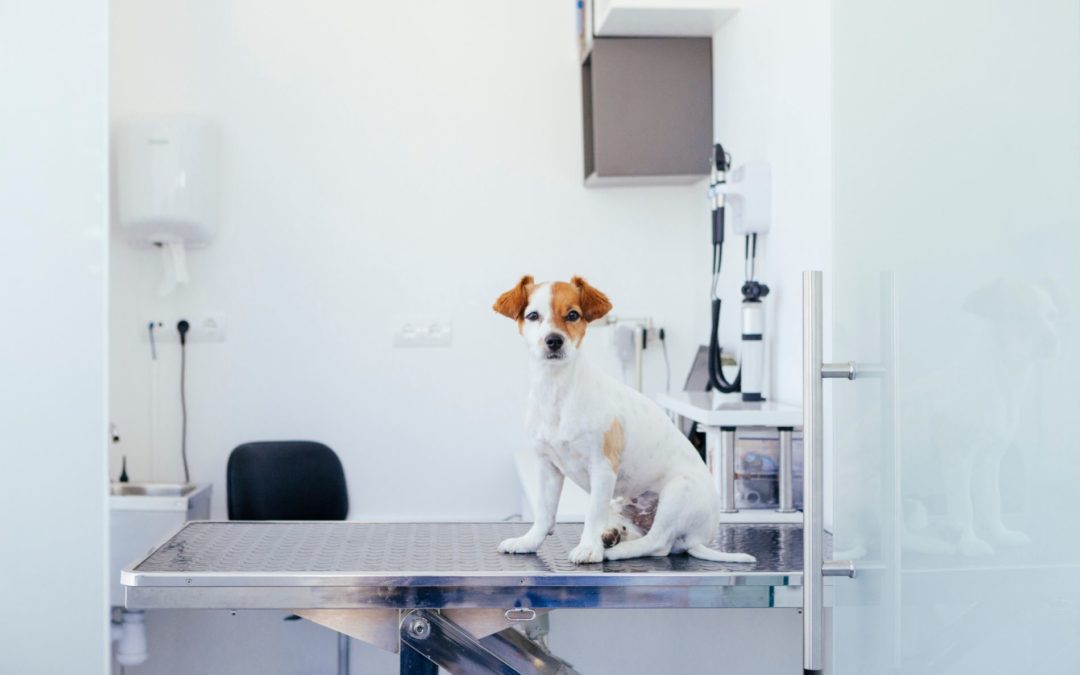Have you ever gotten together with a group of friends for brunch only to find yourself spending half the meal talking about how you shouldn’t be eating that delicious stack of pancakes—too many carbs? Someone says they need to get back into their skinny jeans. Maybe I should skip dinner tonight—or at least just eat a salad, someone else mentions. I’ve gotten so fat, yet another person bemoans. And you all agree that come Monday, you’re signing up for Noom.
I’m going to be a little presumptuous here and guess the answer is yes—you have in fact experienced a scenario almost exactly like this.
How can I be so certain? Because a woman being dissatisfied with her body in this culture is so common, it’s actually the norm…a normative discontent. It’s even started to affect men. It’s basically become accepted as fact that we will dislike our bodies. So much so that we share our diet advice or skin care routines, or new exercise fads with the assumption that the recipient is looking to change their weight or their face, or get six-pack abs. We tell our friends how much we hate our thighs expecting that they’ll return our comment with an admission of whatever body part they’re currently wishing could be different.
But why am I talking about body image dissatisfaction?
Because I worry that it is a mirror of what’s to come. That veterinary medicine is the next normative discontent.
Less than half of veterinarians surveyed in the most recent Merck Veterinary Wellbeing study recommend veterinary medicine as a profession with 20% regretting their decision to become a vet. And we’re not shy in talking about how much we think this profession sucks…the toxic clinics, the nasty clients, the long hours.
And don’t misunderstand me; I’m not saying that there’s anything wrong with expressing your concerns, your struggles, your complaints. There are a lot of systemic changes that need to occur in veterinary medicine to make it a more sustainable profession.
But there comes a point where the discourse itself becomes toxic, trapping us in a cycle of hate and misery that is briefly mitigated by the bond that comes from gathering to talk about how we wish we’d never gotten into vet med to begin with—too many clients. Someone else says they need their clinic to go back to curbside so they don’t have to talk to people so much. I’m so burnt out thanks to nasty clients, someone else bemoans.
And we feel better—for a little bit. But the words seep into us. Make us feel helpless. Make us hate our jobs even more. Make us snap at clients, or fail to communicate, resulting in bad reviews, which make us even more unhappy.
So what power do you have?
You can’t control everything. You can’t control most things. You certainly can’t control clients. But you still have power. The power to change the narrative. The power to cultivate good relationships over time with pet owners. The power to set boundaries. The power to find joy in moments.
Vet med doesn’t have to be one big, miserable, suck-fest of regret. And if you’re looking to find your power, I can help.
Shoot me an email or sign up for a free exploratory call to discuss my support group and coaching program and how it can help you heal your relationship with vet med.

